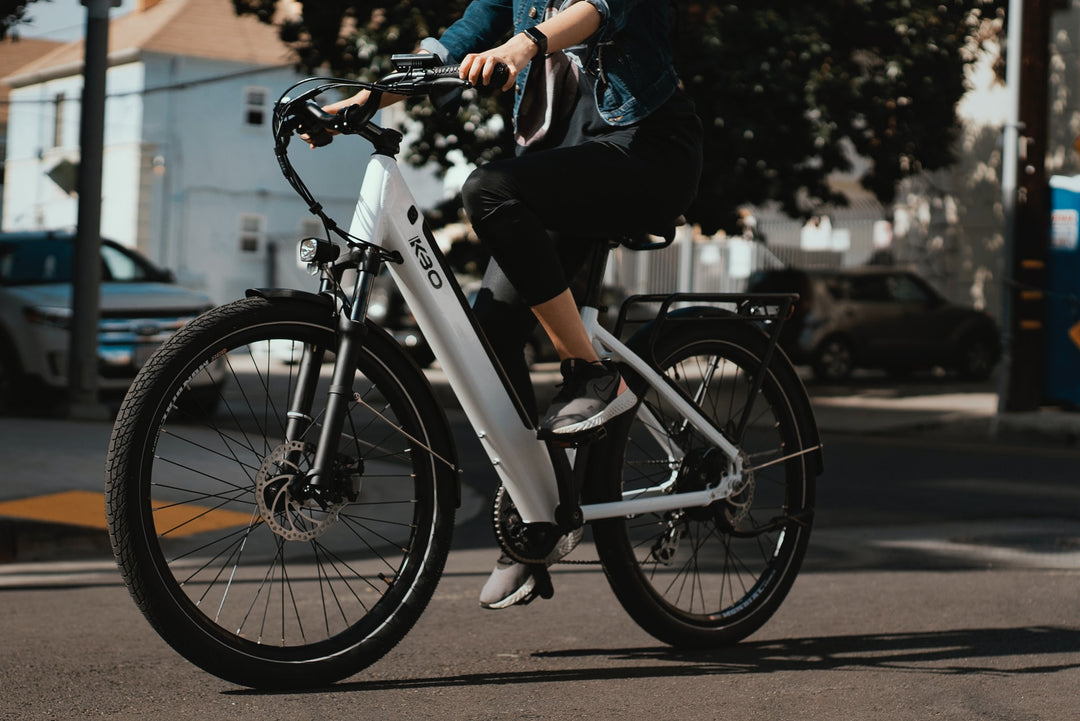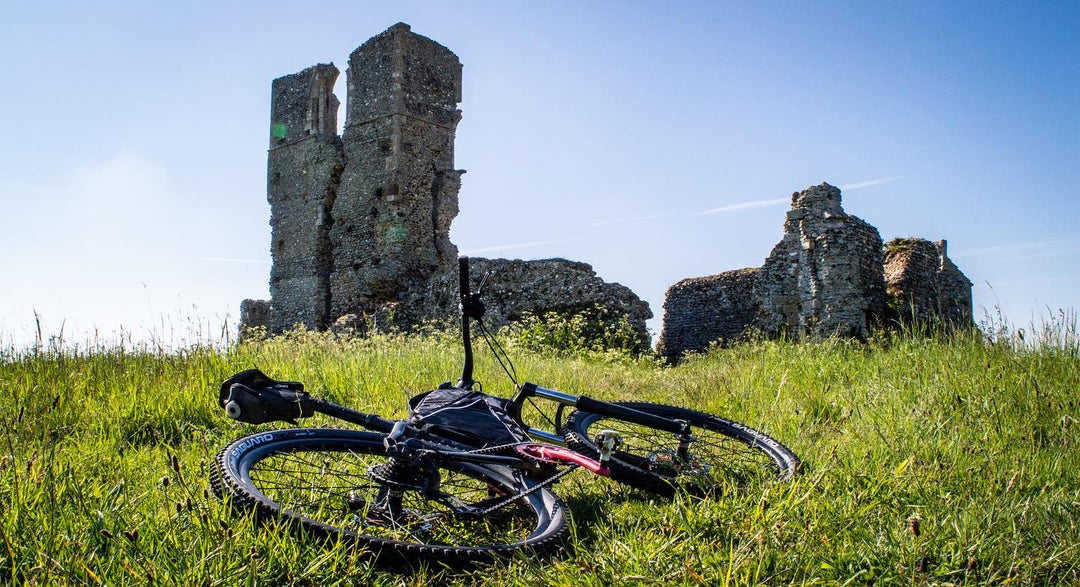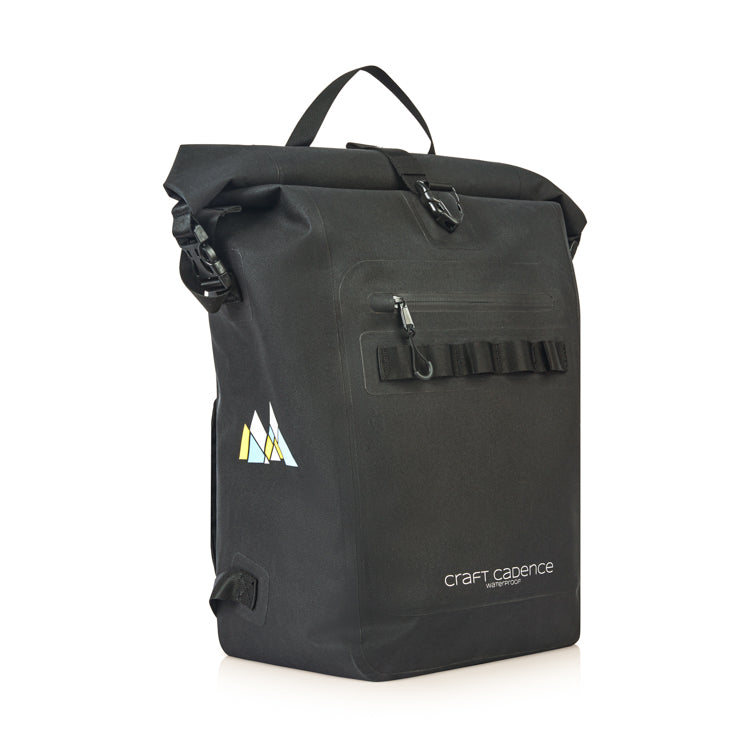The ultimate guide to wheels for your commuting bike
Getting your commuter bike set up correctly is important for an efficient and safe cycle to work. When it comes to wheels for your bike, picking the right wheels can be difficult.
Ultimately, you are looking for a smooth-rolling, efficient and reliable commuter wheel. Here’s what you need to know about choosing the right wheels.
What will you use your bike for?
First things first, you should look at your route to determine the type of wheels you should be using. Is your route on the road? How much distance are you covering each day? Will your commute feature any off-road terrain? And so on.
You need to know this information so you get the right wheel and tyre to go with it. The most common commute is on paved roads, so you’ll typically be using either a road or hybrid bike. However, there are still lots of variants for each road bike when it comes to wheels.
Why are wheels even important?
Your commuter bike wheels consist of a rubber tyre, an inner tube, the rim, the hub and the spokes. Again, there are lots of different wheel options, including more aerodynamic wheels for speed, wheel size, tubeless wheels and more. When it comes to commuting, your bikes wheels are important as the right wheels will improve your cycling efficiency as well as reduce the risk of punctures and mechanical issues. If you’ve got a bike with stock wheels, you can expect over time the wheels to wear out.
What budget do you need?
As with all cycling parts, there is a very broad range of pricing for wheels. While top-level carbon fibre bikes can go for thousands, a good quality road bike can be purchased for a few hundred. The same applies to wheels. What I’d say is you should see your commuter bike as a long-term investment, and you get what you pay for, but you don’t have to break the bank to get a good set of reliable wheels. You can pick up a reliable pair of wheels for around £200.
Generally speaking, budget wheels will provide you with fairly reliable performance. The higher the price, the lighter the wheels will be, the more robust the spokes, the faster they will roll and so on.
Cheaper wheels are often heavier, weighing between 1.6 kg and 2 kg for the set (0.8-1 kg each), while a more expensive set of wheels, such as a top of the range carbon fibre set (which can cost into the thousands), are typically lighter and weigh towards 1400g to 1600g for the set (700-800 grams each). Comparatively, off-road wheels tend to be bulkier and in the heavier region.
There are enough options available for all budgets - whether you want something to just get you started or whether you want a more expensive bike that will provide you with greater speed and comfort.
What you need to know about commuter wheels
Typically, your commuter bike will use 700c size wheels - the same as most road bikes. 700c size wheels are the most commonly used size for commuting as this size promotes efficiency, comfort and good handling.
As a starting point, check out Shimano and Mavic wheels. Both brands make a wide variety of wheel types perfectly suited for commuting. For instance, the Mavic Aksium wheels and Shimano RX31 are both around 1840g and are good commuter options at a reasonable price. The Fulcrum Racing Quattro DB is a more expensive option but offers improved performance and the set is around 200g lighter.
What about tyres?
Although the size of your wheels are pretty standard, the width of your chosen tyre can vary, however. The width will change the amount of road control you have, your likeliness of puncturing, your grip on corners, your general speed and overall comfort. Commuter road bikes start from a thin 23mm width, going all the way to 32mm for typical hybrid bikes and 42mm for mountain bikes. I ride a 25mm and I find that perfect. The trend now is to ride with wider wheels (25-28mm for road bikes) as thinner wheels have not necessarily translated into being faster on the roads, while also sacrificing comfort.
For best commuting, you should consider opting for a puncture resistant tyre, even though they are slightly heavier than racing tyres. The thread on your tyre will also determine your rolling resistance. Check out the Marathon Plus or Gatorskin tyres which are guaranteed to last and save you from road side pit stops to fix your inner tube.
Do keep in mind also that tyres with a greater profile will reduce the risk of punctures but will increase the rolling resistance, while ‘smooth’ slick tyres will essentially be a faster ride. Another reason to err on the side of slightly wider tyres
Key takeaways:
- The larger the wheel, the more comfortable the ride will be. 700c 25mm or 28mm tyres would be our recommendation for a fast, comfortable ride.
- The narrower your wheel, the less rolling resistance you’ll get. If you want a faster, more lightweight ride then you’ll opt for a narrow wheel.
- Lighter, more expensive wheels reduce in weight down to the 1400g mark, for a pair.
- The less profile on your tyres, the less rolling resistance you’ll face. These smoother tyres are known as slicks. Semi-slick tyres with a greater profile are less likely to puncture and are more rugged.



